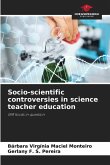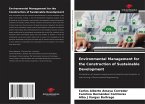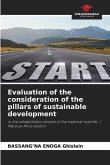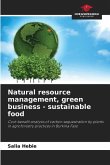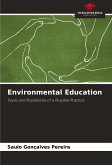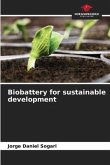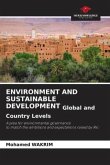This research investigates the use of Education for Sustainable Development (ESD) as an alternative for reducing food waste in a full-time state school in the state of Amapá, Brazil. This is a qualitative-quantitative study, in which we monitored the preparation and distribution of meals at the school under investigation, by weighing them. This took place in two stages: before and after the application of a Thematic Workshop. The workshop, entitled 'Clean Plate', was based on ESD assumptions. After the workshop, a Perception Questionnaire was administered to the research subjects. Come and see the results of this study and find out if food loss has decreased after the workshop, or if nothing has changed in the reality experienced! It's important to emphasise that the ESD perspective has been gaining followers around the world. And encouraging this kind of thinking in a region as rich in biodiversity as the Amazon is necessary!
Bitte wählen Sie Ihr Anliegen aus.
Rechnungen
Retourenschein anfordern
Bestellstatus
Storno


